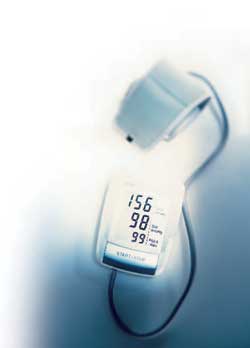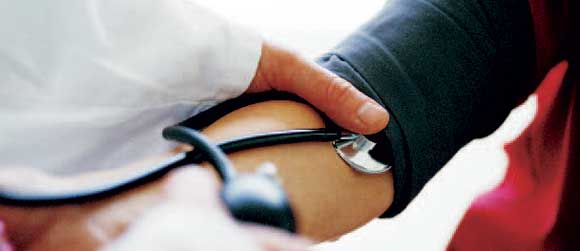Some women sail through their pregnancy while others experience a bumpier journey. One relatively common condition you should be aware of is pre-eclampsia.
What is pre-eclampsia and how do I recognise it?
Pre-eclampsia is characterised by persistent high blood pressure (above 140/90); swollen face, feet and hands; and traces of protein in the urine. Because affected women often show no symptoms in the beginning, it is important to have your blood pressure checked at each antenatal visit. In severe cases, mother may experience headache, nausea, vomiting, blurring of vision and abdominal pain.
If left untreated, it can cause complications or death in both the mother and the baby. The mother may suffer liver or kidney damage; bleeding and seizures while the baby may not be getting sufficient nutrients or oxygen from the placenta, which may result in growth retardation.

Who are at risk?
Eighty-five percent of pre-eclampsia cases affect women in their first pregnancy. It is more common among women with diabetes, chronic high blood pressure, kidney problems and multiple pregnancy (carrying more than 1 foetus). It tends to run in the family and affects women older than 35 and teenage mothers.
How to manage pre-eclampsia?
Because nobody knows for sure what causes it, there is no known method to prevent it. Medical treatment aims to bring the blood pressure under control and to minimise its related complications. The only “cure” is through delivery of the baby. In fact, in some severe cases, labour may be induced to have the baby delivered prematurely.
Your doctor may prescribe medication to lower the blood pressure. If the condition is mild, you will need bed rest and have your blood pressure monitored regularly. If it is more severe, hospital admission and tests on both mother and baby may be necessary.
What happens after the delivery?
The blood pressure usually returns to normal within several days to several weeks after the birth. You may still need blood pressure medications and regular visits to your doctor for several weeks after being discharged from the hospital.







Comments